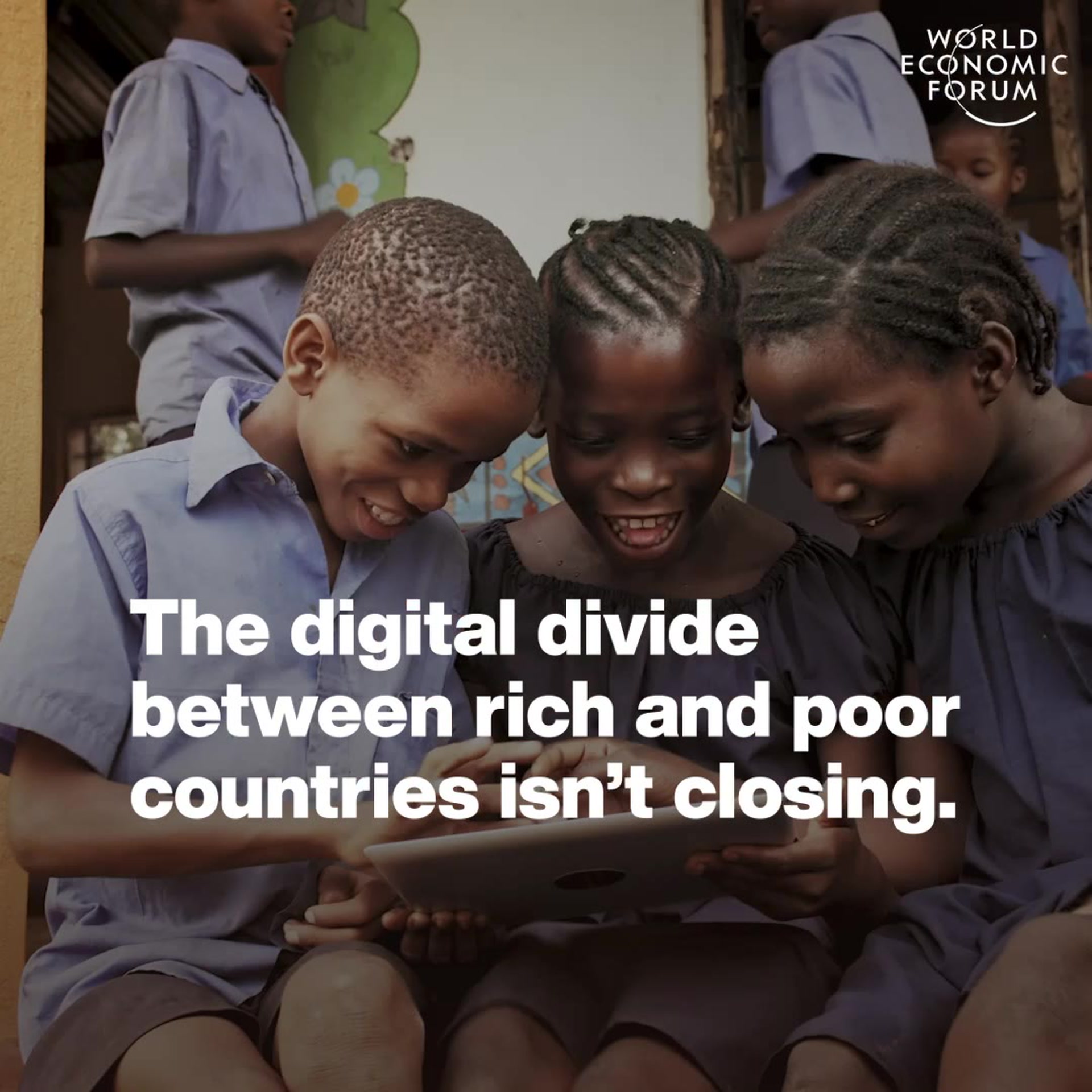Hydrogel 'biofactories' could make meds in remote places

A new method for producing and preserving medicines has the potential to get medical supplies and aid to remote communities. Image: Unspash/Louis Reed

Get involved with our crowdsourced digital platform to deliver impact at scale
Stay up to date:
Healthcare Delivery
A new method for producing and preserving medicines and chemicals involves embedding portable “biofactories” in water-based gels known as hydrogels, researchers report.
The approach could help people in remote villages or on military missions. In these circumstances, the absence of pharmacies, doctor’s offices, or even basic refrigeration makes it hard to access critical medicines and other small-molecule compounds.
“We expect these developments to afford new technologies for on-demand production of small-molecule and peptide products in the future,” writes Alshakim Nelson, an assistant professor of chemistry and a faculty member in the Molecular Engineering & Sciences Institute at the University of Washington, in a commentary accompanying the paper in Nature Communications.
“This technology will be especially applicable in remote or isolated areas where space and resources are limited, which could include manned space missions or personalized medications.”
Biofactories in hydrogel
The system effectively embeds microbial biofactories—cells engineered to overproduce a product—into the solid scaffold of a hydrogel, allowing for portability and optimized production. It is the first hydrogel-based system to organize both individual microbes and consortia for in-the-moment production of high-value chemical feedstocks, used for processes such as fuel and pharmaceutical production. The system can produce products within a couple of hours to a couple of days.
“Many of the chemicals, fuels, nutraceuticals, and pharmaceuticals we use rely on traditional fermentation technology,” says Hal Alper, a professor of chemical engineering at the University of Texas at Austin.
“Our technology addresses a strong limitation in the fields of synthetic biology and bioprocessing, namely the ability to provide a means for both on-demand and repeated-use production of chemicals and antibiotics from both mono- and co-cultures,” he says.
As a crosslinked polymer, the hydrogel used in this work can be 3D printed or manually extruded. The gel material, along with the cells inside, can flow like a liquid and then harden upon exposure to UV light. The resulting polymer network is large enough for molecules and proteins to move through it, but the space is too small for cells to leak out.
The team also found that freeze-drying the hydrogel system can effectively preserve the fermentation capacity of the biofactories until they’re needed in the future. The result of the freeze-drying somewhat resembles an ancient mummy, shriveled up but well-preserved.
To revive the hydrogel, the researchers simply add water, sugar, and other basic nutrients, and the cells can resume production just as effectively as before the preservation process.
Plug-and-play
One of the new applications the platform enables is the ability to combine multiple different organisms, called consortia, together in a way that outperforms traditional, large-scale bioreactors.
In particular, this system enables a plug-and-play approach to combining and optimizing chemical production. For example, if one set of enzymes works best in the bacteria E. coli, while the other works best in budding yeast, the two organisms can work together to more efficiently go straight to the product. The research team tested both of these organisms.
This platform has the added benefit of multitasking, keeping different types of cells separated while they grow, preventing one from taking over and killing off the others. Likewise, by testing a range of temperatures, the team could control the dynamics of the system, keeping the growth of multiple cell types balanced.
Finally, the team showed continuous, repeated use of the system—with yeast cells—over the course of an entire year without a decrease in yields, indicating the sustainability of the process over time.
Handy and portable
Medicines such as antibiotics have a fixed shelf life and require specific storage conditions. The portability of a biofactory that can synthesize these molecules makes the hydrogel system especially useful in remote places that don’t have access to refrigeration to store medications.
It would also be a small and compact way to maintain access to several medications and other essential chemicals when there is no access to a pharmacy or a store, like during a military mission or a mission to Mars. Although not quite there yet, the possibilities are promising.
“This technology can be applied to a wide range of products and cell types. We see engineers and scientists being able to plug and play with different consortia of cells to produce diverse products that are needed for a specific scenario,” Alper says. “That’s part of what makes this technology so exciting.”
Additional coauthors are from the University of Washington and the University of Texas. Funding for the research came from the Camille and Henry Dreyfus Foundation, the University of Washington, and the Royalty Research Fund.
Don't miss any update on this topic
Create a free account and access your personalized content collection with our latest publications and analyses.
License and Republishing
World Economic Forum articles may be republished in accordance with the Creative Commons Attribution-NonCommercial-NoDerivatives 4.0 International Public License, and in accordance with our Terms of Use.
The views expressed in this article are those of the author alone and not the World Economic Forum.
The Agenda Weekly
A weekly update of the most important issues driving the global agenda
You can unsubscribe at any time using the link in our emails. For more details, review our privacy policy.
More on Fourth Industrial RevolutionSee all
John Letzing
April 29, 2024
Pooja Chhabria and Michelle Meineke
April 28, 2024
Jeremy Jurgens, Basma AlBuhairan and Arunima Sarkar
April 28, 2024
Thomas Beckley and Ross Genovese
April 25, 2024







